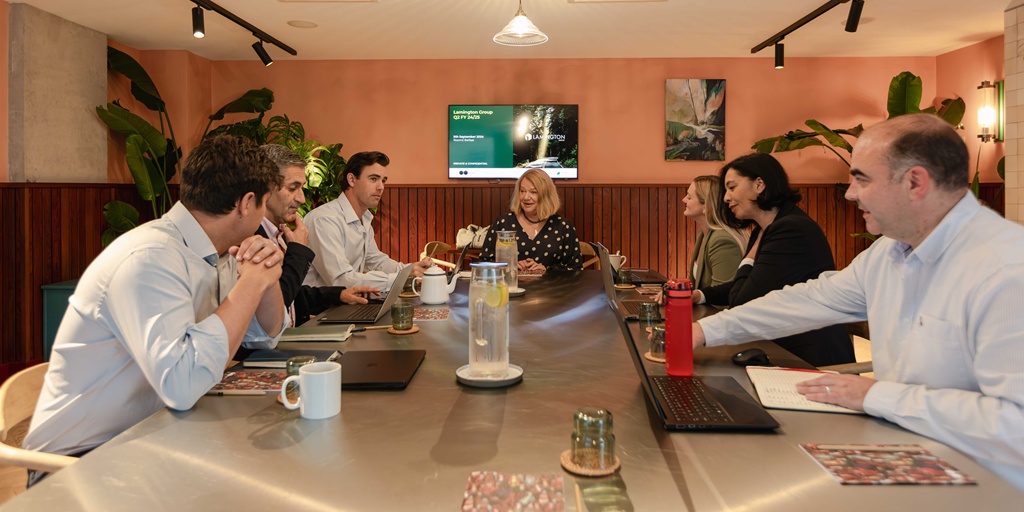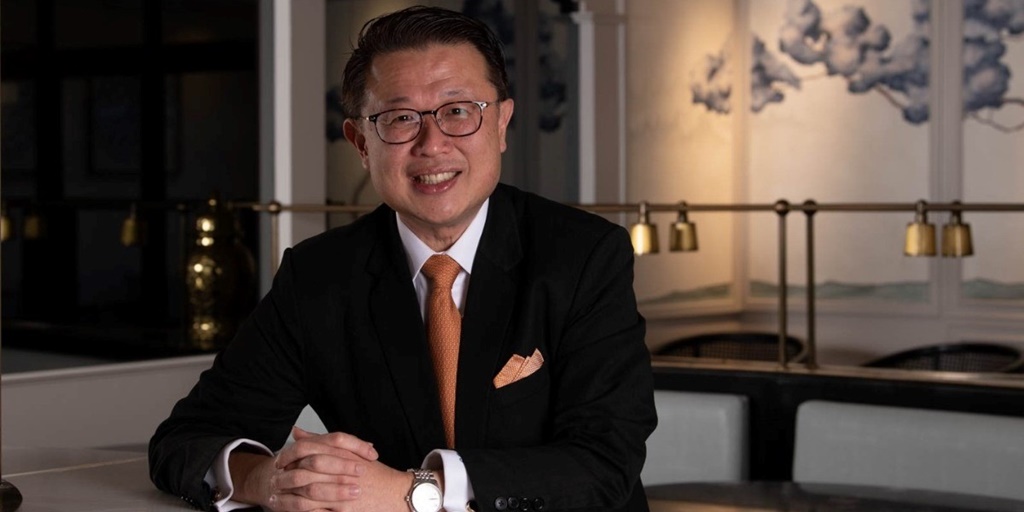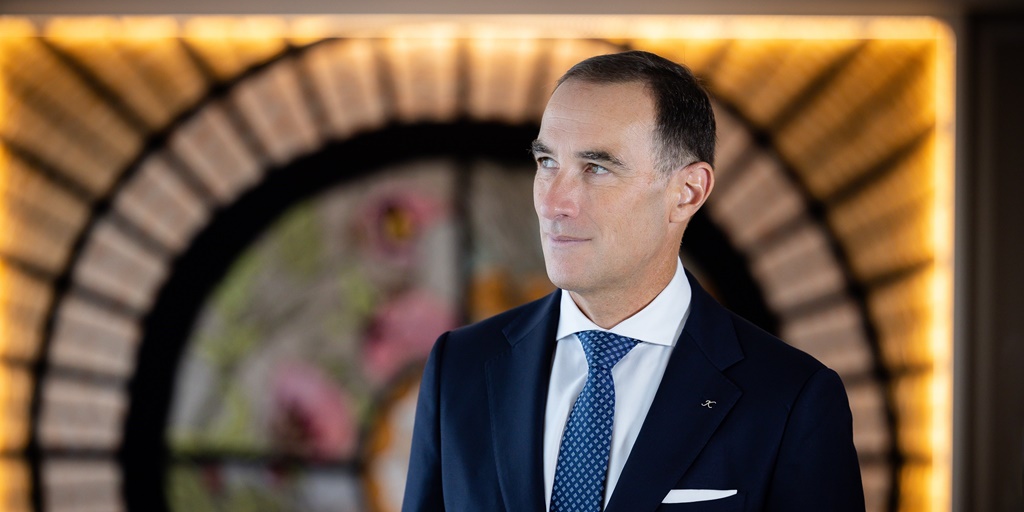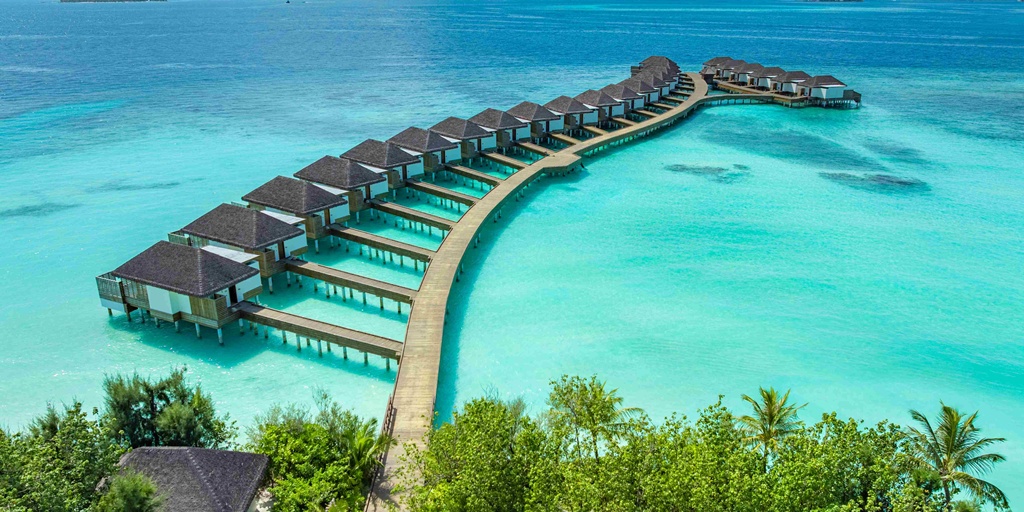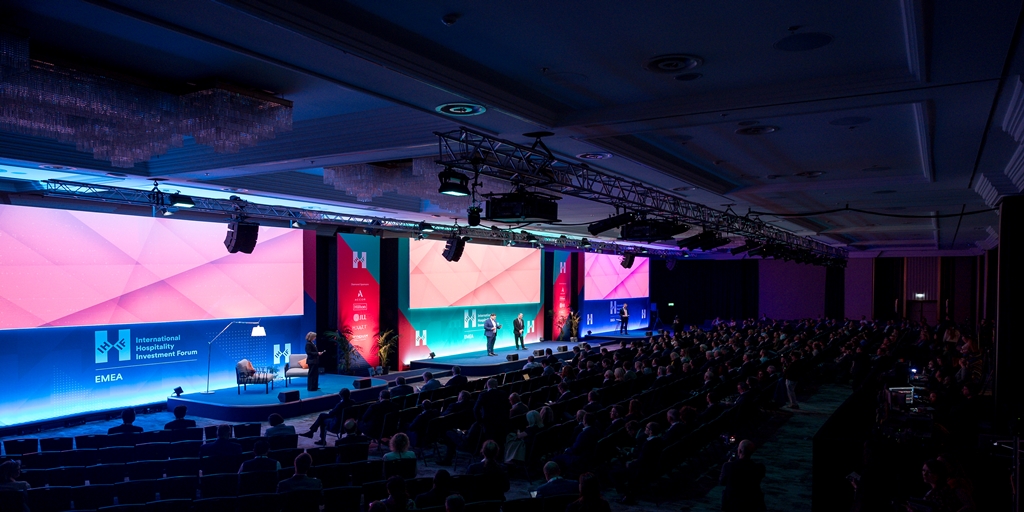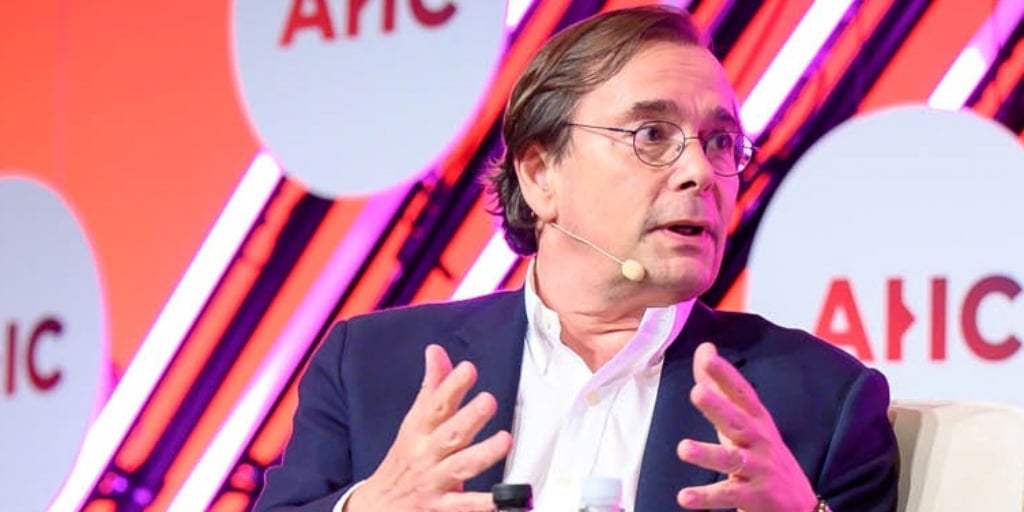Panelists at TOPHOTELWORLDTOUR Shanghai (from L to R): Angel Chen, Mei Ping, C.J. Liang and Markus Engel. Photo by Rahul Venkit.
Tailor-made properties with high operational standards are key to cracking the Chinese hotel industry, say panellists at TOPHOTELWORLDTOUR Shanghai.
Shanghai has long been known as the most “European” city of the Chinese mainland: a city where the traditional is juxtaposed with the modern. However, does the same hold true for hotels in the Chinese financial capital?
In the past, have successful hotels such as Langham Hotels, Fairmont Peace, Waldorf Astoria and Jing An Shangri-La needed to be more “traditionally Chinese” in their approaches to strategic growth, development and offerings to guests?
How do they compare to the newer, swankier brands such as Citizen M, Melia, Bvlgari, Amara Signature, The Shanghai EDITION and the InterContinental Shanghai Wonderland?
What are its effects on the rest of the industry? What are the trends, challenges and potential takeaways for different sectors of hospitality? Plenty of questions that were debated at TOPHOTELWORLDTOUR’s maiden event in the Chinese mainland, taking place in fine style at the swanky Andaz Shanghai Xintiandi with a high-profile cross-section of the regional hospitality industry in attendance.
Design vs guest experience
With China’s impressive hotel construction pipeline firmly in focus, delegates delved into the nuances of hotel trends in Asia Pacific and China before zooming into Shanghai’s changing industry skyline.
Moderator Angel Chen, Vice President of JLL, threw open the panel discussion by focussing on the PuLi Hotel & Spa Shanghai and how it was credited for starting a design-focussed hotel trend in the region.
The man behind PuLi Shanghai, Urban Resort Concepts Co-Founder & CEO Markus Engel, said that the hotel was indeed deeply rooted in the idea of the destination. However, in the tussle between a focus on design versus guest experience, the latter is more important, Engel emphasised.
“Guest experience is definitely more important than design. Of course, design best practices should be followed in a hotel property, but the guest’s overall experience holds more weight than the physical product,” he told delegates at the boutique networking event.
All about quality control
Dr Mei Ping, Chief Representative China, Capella Hotel Group Asia underlined the advantage that an owner-operator can have when it comes to making the most of the hotel’s design and using it to deliver an unforgettable guest experience.
“A good example is the Capella Shanghai hotel, which is a community building as much as it is a hotel. Over time, it has become a namecard of Shanghai’s Xuhui district, which was only possible because we are a private company with 60 years of history,” Ping said.
Her initial mission of building Capella Shanghai as a sister brand of the original Singaporean establishment was only possible due to exceptionally high service standards, Ping added.
To help establish and maintain these high standards, C.J. Liang, Regional Development Vice President of Hyatt Hotels Corporation, revealed how every Alila hotel starts with a “project positioning statement”.
“This document is an operational concept and design brief which helps quality control of the Alila brand. We also try and bring the designer on board as early as the architect,” Liang said.
With the Shanghai event, TOPHOTELWORLDTOUR 2019 draws to a close. To attend, address or sponsor our boutique hospitality networking conferences in 2020, please get in touch with TOPHOTELPROJECTS’ Head of Global Events & Conferences Kayley van der Velde.
The TOPHOTELWORLDTOUR is a series of one-day conferences around the world for hospitality leaders. We believe that knowing the right people is the key to becoming a successful player in the global hospitality industry.
SHARE THE NEWS
[tweetshareinline tweet=”Tailor-made properties with high operational standards are key to cracking the Chinese #hotelindustry, say panellists at TOPHOTELWORLDTOUR #Shanghai. ” username=”tophotelnews”]
MORE NEWS


















